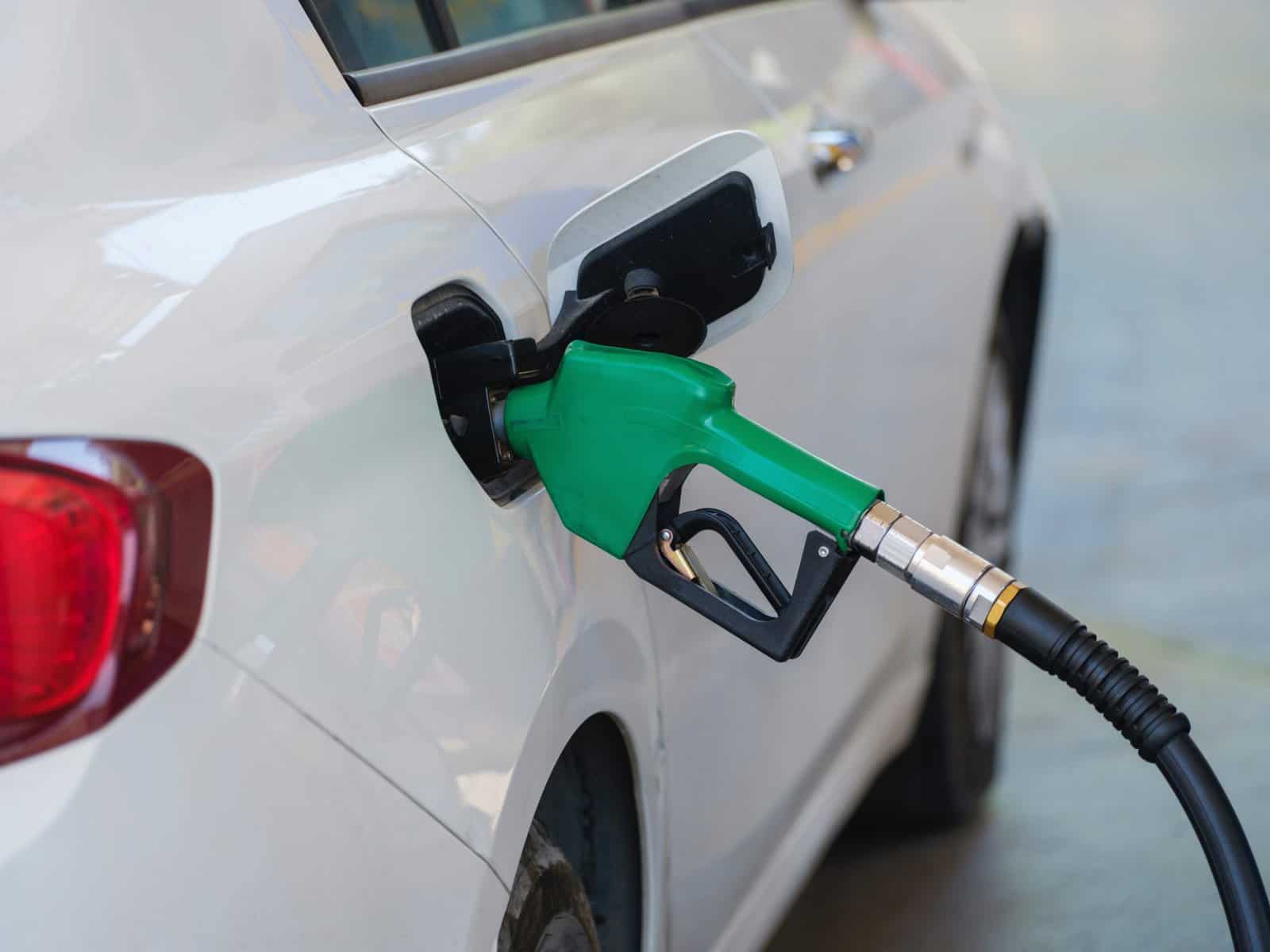In the midst of global efforts in the search for less polluting fuels, ethanol may be an intermediate step towards electromobility in Latin America, although it carries the condition of not being 100% clean.
Transportation was responsible for 37% of global CO2 emissions into the atmosphere in 2021, according to the International Energy Agency (IEA), so many countries are looking to move away from petroleum-based fuels.
Alternatives to fossil fuels are already a reality in some places and electromobility is gaining strength in North America, Europe and China, according to experts.
But Latin America, Africa and South Asia are lagging behind in this race due to their vast territories and insufficient infrastructure development to provide clean energy systems to power an electric vehicle fleet.
Only 1% of vehicles in Latin America are electric, biofuels said expert Agustín Torroba of the Inter-American Institute for Cooperation on Agriculture (IICA), based in Costa Rica.
“We have an average life span of 20 years for our vehicles. The year 2050 will come and most vehicles will still be internal combustion vehicles (in the region). This is where the role of ethanol comes in, which allows us to decarbonize the transportation sector today, without changing the paradigm or technology,” Torroba said.
However, ethanol as an alternative to gasoline would be “an intermediate step” until adaptation to electromobility is achieved, researcher Mauricio Bustamante, from the School of Biosystems Engineering at the University of Costa Rica, told AFP.
Fewer emissions
Ethanol or bioethanol is an alcohol with a purity of more than 99% resulting from the fermentation, distillation and dehydration of renewable raw materials, in 90% of cases from corn and sugar cane, explained Torroba.
Pure ethanol can be used, but it is usually blended with gasoline in different percentages, which allows it to be used in motor vehicles without the need for mechanical changes.
From planting to the exhaust pipe, ethanol can be 90% cleaner in CO2 emissions than the entire process of extraction, production and consumption of gasoline, says the IICA expert.
“It is a fuel that also generates this carbon footprint, but not as much as those from fossil fuels. It solves to some extent an intermediate step towards a definitive solution,” said Bustamante.
The Brazilian case
Brazil has long experience in ethanol. It implemented this technology in the 1970s in the face of the crisis that raised oil prices. It is now the second largest producer and consumer of ethanol in the world, after the United States.
Since then, ethanol has been appearing in gas stations, thanks to the vast extensions of sugarcane crops in the South American giant, and has replaced 50% of gasoline consumption, said Flavio Castellari, president of the Latin American Petrochemical and Chemical Association.
“(Now) all countries (in Latin America) are blending” gasoline with ethanol, according to Castellari. “It is time for all Latin American countries to get together to promote this type of biofuel,” he said.
Brazil uses 27% ethanol in each liter of gasoline, Paraguay 25%, Argentina 12%, Colombia 10%, according to IICA.
Questioning
Latin America is known as the ‘breadbasket of the world’ and has vast crops of sugar cane and corn, the raw material for ethanol.
“We can produce the fuels we need and to export because we have enormous capacity,” says Castellari.
World ethanol production in the last decade increased by 23%, according to IICA, with the United States (54%) and Brazil (29%) accounting for more than three quarters of the total.
Between 6,000 and 8,000 liters of ethanol are extracted from each hectare of sugarcane crop in Brazil, and productivity per hectare could be four times higher than at present, says Castellari.
The price per liter of ethanol is 40% cheaper than gasoline in Brazil.
However, there are experts who question the environmental benefits of this biofuel derived from crops that could also be used to produce food.
Researcher Tyler Lark, from the University of Wisconsin-Madison and lead author of the study “Renewable Fuel Standard”, believes that forests – which absorb carbon dioxide – are being cut down to plant corn or sugar cane to produce ethanol.
In addition, some fertilizers used on corn crops emit nitrous oxide (N2O), a very potent greenhouse gas.
“The carbon footprint of ethanol compared to gasoline is not as good as originally thought,” Lark qualifies.






